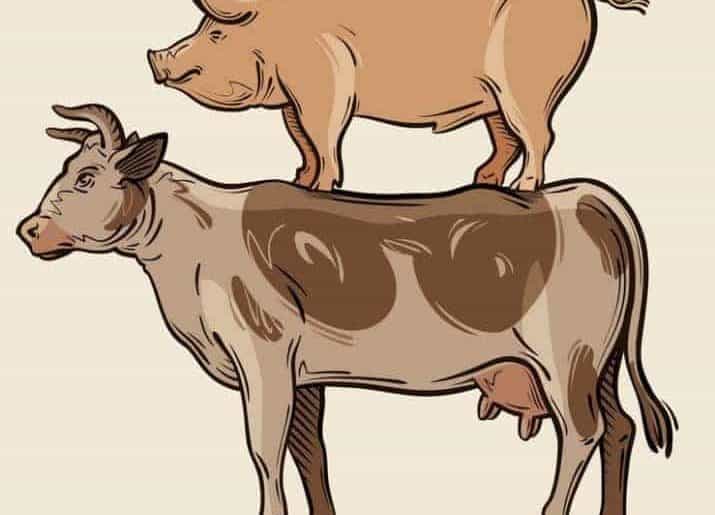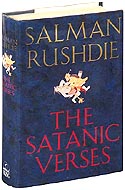The University of Delhi (DU) will hold a special drive for DU Admission 2019 before the 8th cut-off. Read on to find out more.
The Delhi University Committee members will hold a meeting on 20th August to decide on the status of another special drive for its student before announcing the supposedly final and 8th cut off list of the admissions for the undergraduate courses. This special drive is aimed to help the selected students in the admission process. The schedule for the special admission drive is likely to be released on August 21, 2019.
A reported by Millennium Post, there are only limited seats left across the colleges and the majority of the seats left vacant fall under the Scheduled Tribe (ST) category.
This meeting was postponed from last week as most of the seats under the Economically Weaker Section (EWS) quota were filled. Hence, the varsity decided to hold another meeting.
A special drive was held previously; under which students were allowed to change their category for admissions, before the release of the 6th cut off list. This was aimed at applicants who failed to report on time even after registering for online admission under the reserved category and also to fill the minority seats under the Sikh quota. However, the official data still needs to be collected on the number of students who changed their category under this drive.
The previous year, there were 10 cut-off lists in total released by the varsity. This year varsity has registered ‘over admissions’ with the addition of seats under the Economically Weaker Section (EWS) quota. The data shows that the applications received this year amounted to over 3.67 lakhs for 64000 seats in undergraduate courses. The EWS category which had over 6000 seats saw 9091 students applying for it.
Feature Image Credits: Adithya Khanna for DU Beat
Antriksha Pathania













 1) The Satanic Verses
1) The Satanic Verses
 5) The Polyester Prince
5) The Polyester Prince